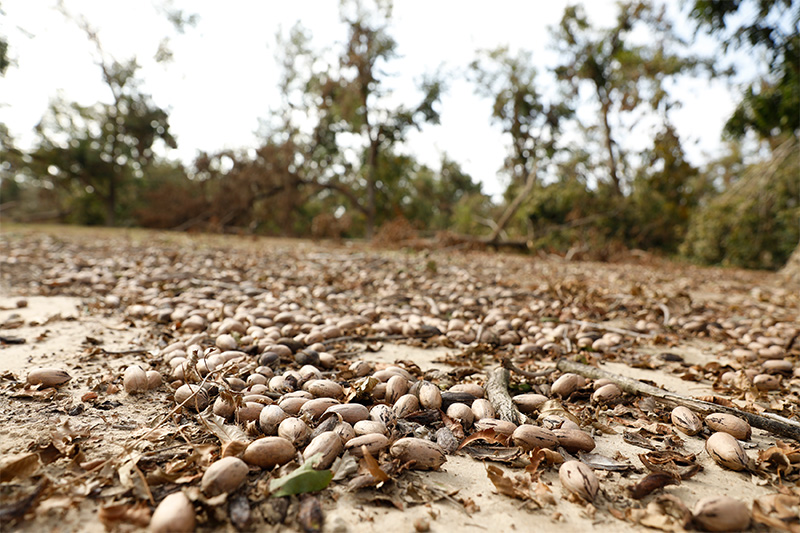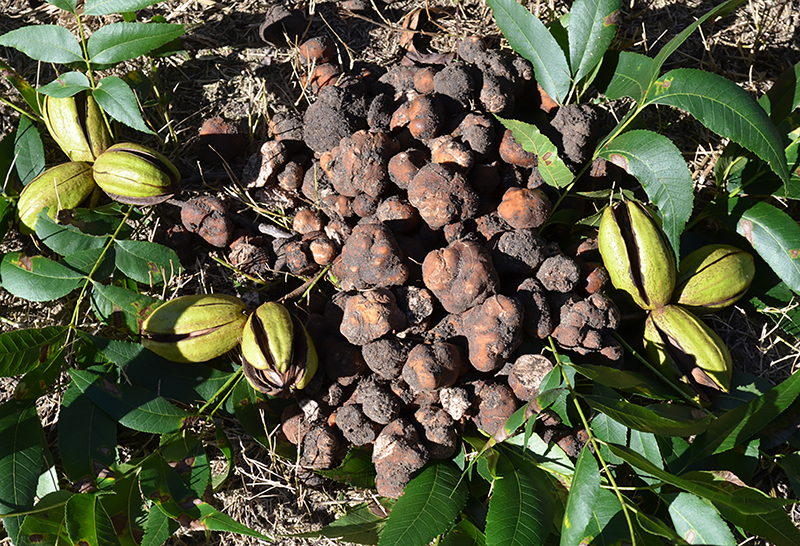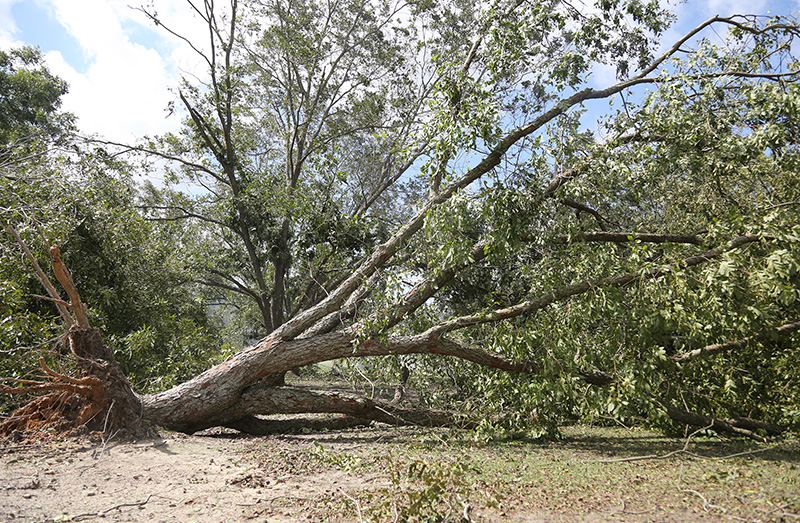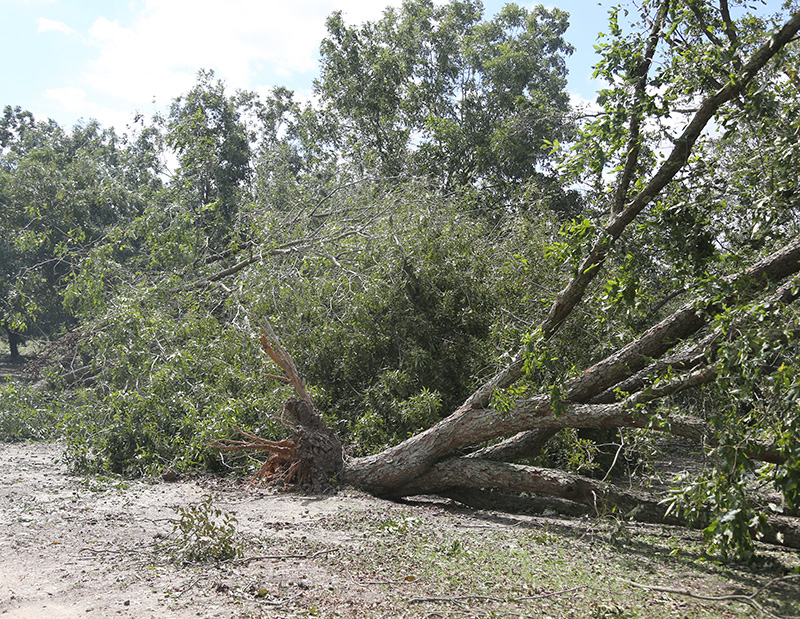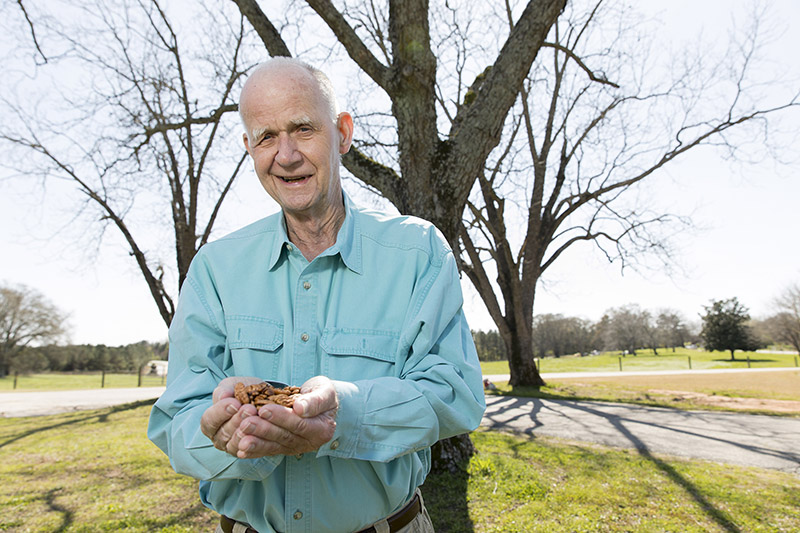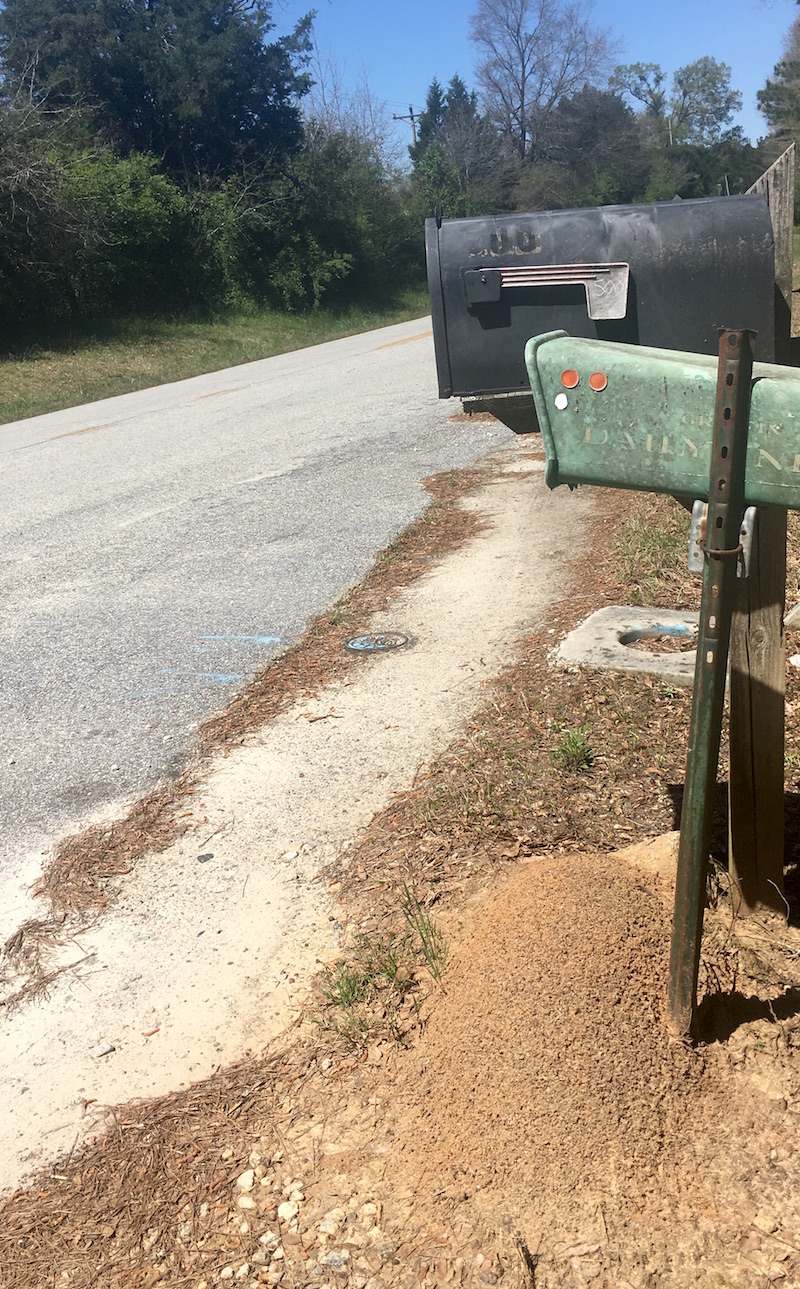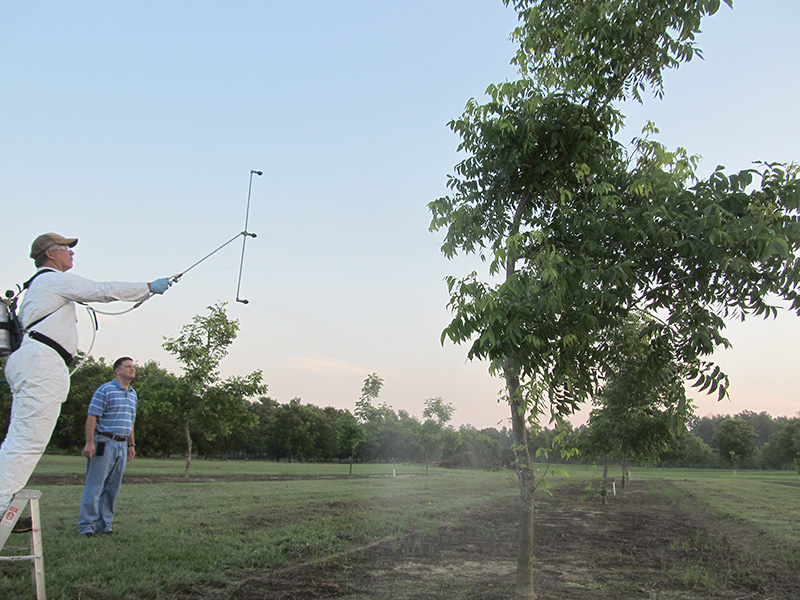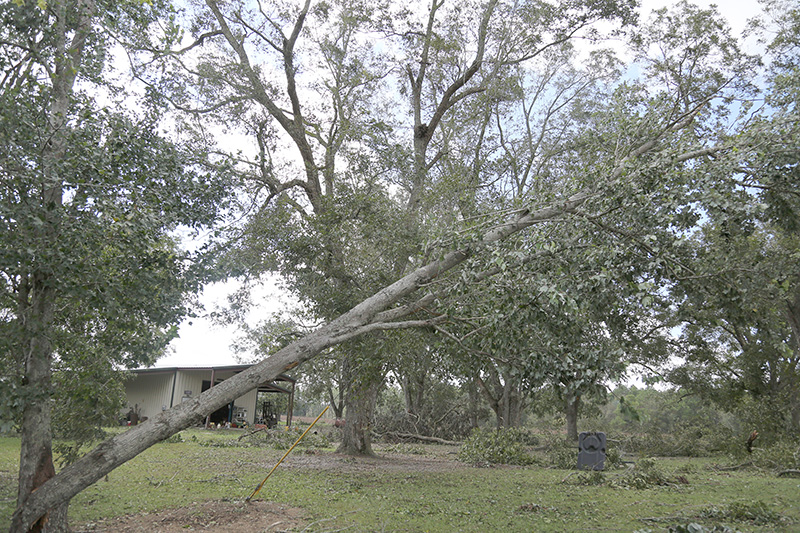 CAES News
CAES News
Hurricane Michael Impact
To avoid losing their farms following Hurricane Michael, Georgia farmers need financial relief as soon as possible, according to Jeff Dorfman, a professor and agricultural economist in the University of Georgia Department of Agricultural and Applied Economics.

